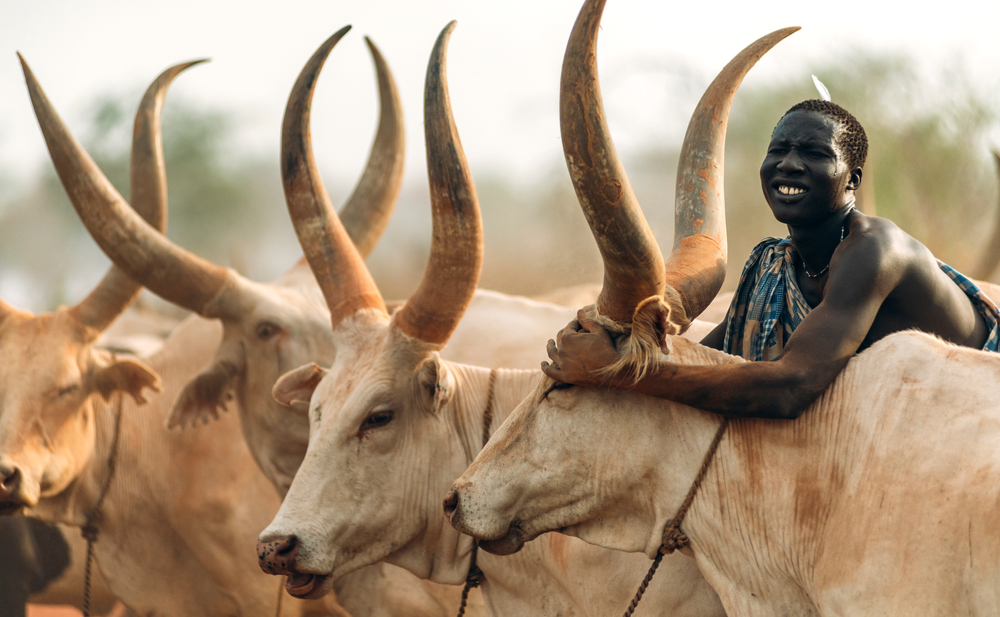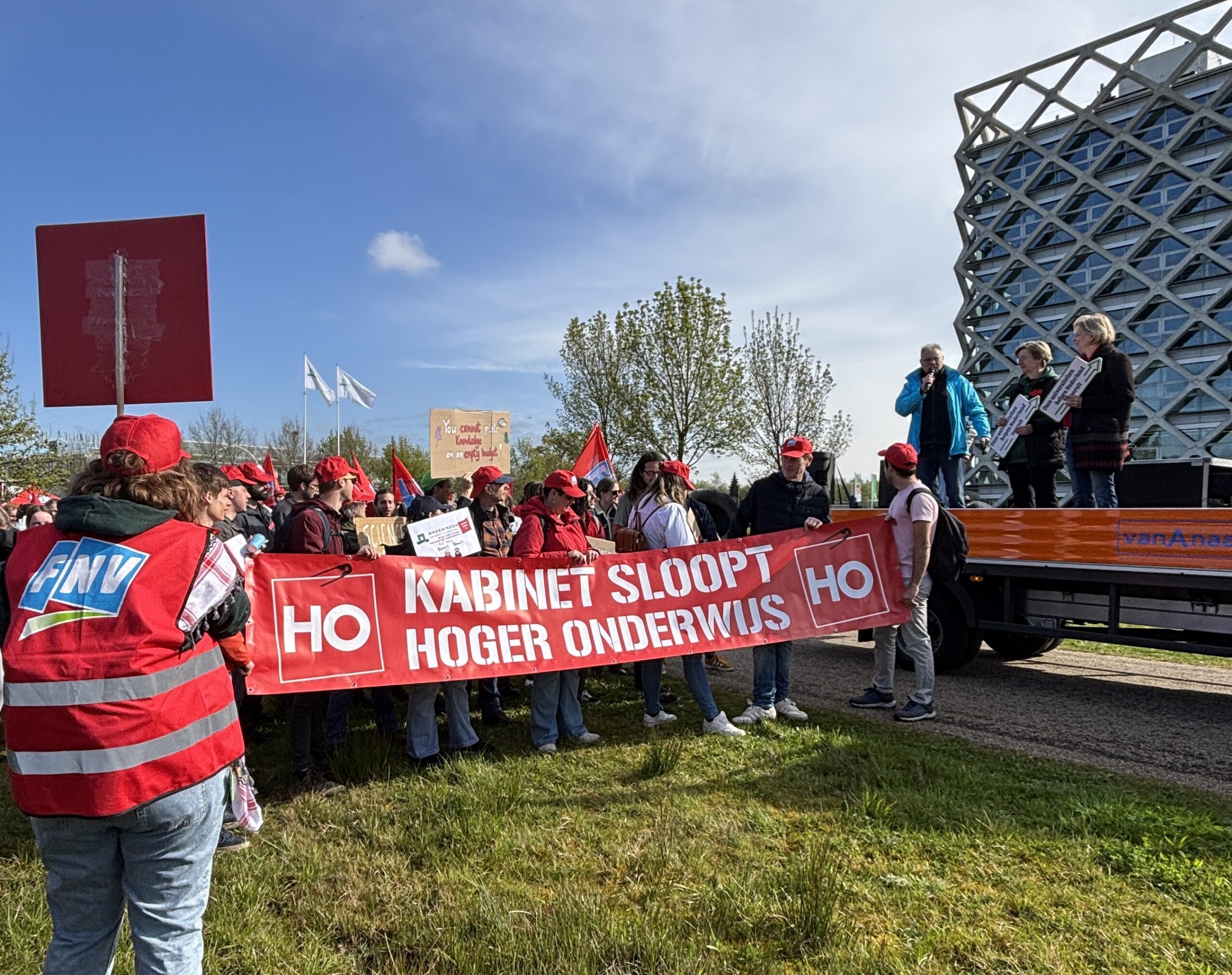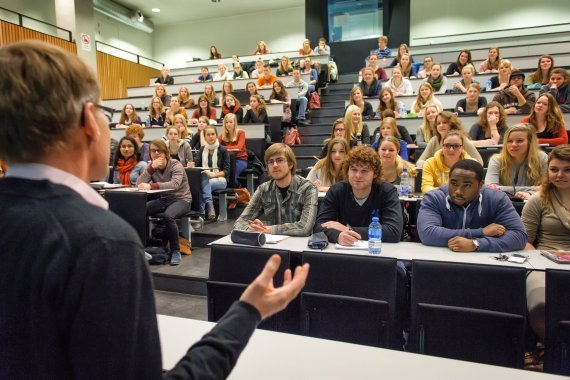How many cows, pigs, chickens and sheep are there in the various countries of the world? What do these farm animals eat, and how much protein do they actually need? These are the kinds of questions that Hannah van Zanten, a researcher at Farming Systems Ecology, wants to answer. ‘Then you see that the FAO (the UN’s Food and Agriculture Organization, ed) has a lot of data on animal numbers, but not on things like their nutritional needs. You’ll get that information more easily from breeding or animal feed companies.’ Van Zanten wants to bring that data together in a global database that will be published online so that anyone can consult it.
Survey
‘It’s a hobby that’s got out of control,’ laughs Van Zanten. ‘Together with Renée Cardinaals, a researcher at Farm Systems Ecology, I study the circularity of global food systems, and we need data on animals for that. Such data are often missing or are out of date, so we drew up an online survey. We now have 50,000 email addresses of companies and researchers that have data on livestock animals.’
Diversity
But 50,000 addresses are not enough, says Van Zanten. ‘We need data from all around the world, not just on terrestrial animals but also on fish in aquaculture. We are dealing with a huge range of production systems in different regions.’
Anonymous
Participating companies contribute their data anonymously and can then make use of all the analysed data. ‘This enables them, for example, to find out how they are doing compared with other companies in the region,’ says Van Zanten. ‘Researchers can use the data for further research. We want to investigate the role of animals in circular food systems.’
So she is also interested in data from the food-processing industry, such as abattoirs. ‘They have information about the reuse of waste and side streams, which would give us statistics about the cycle.’
FAO
WUR is working on this project together with 15 international organizations including the FAO, the World Bank and the Australian research institute CSIRO. They are going to help analyse and check the supplied data. There is more information on www.circularfoodsystems.org, where there is also a link to the survey.

 Photo Shutterstock
Photo Shutterstock 

